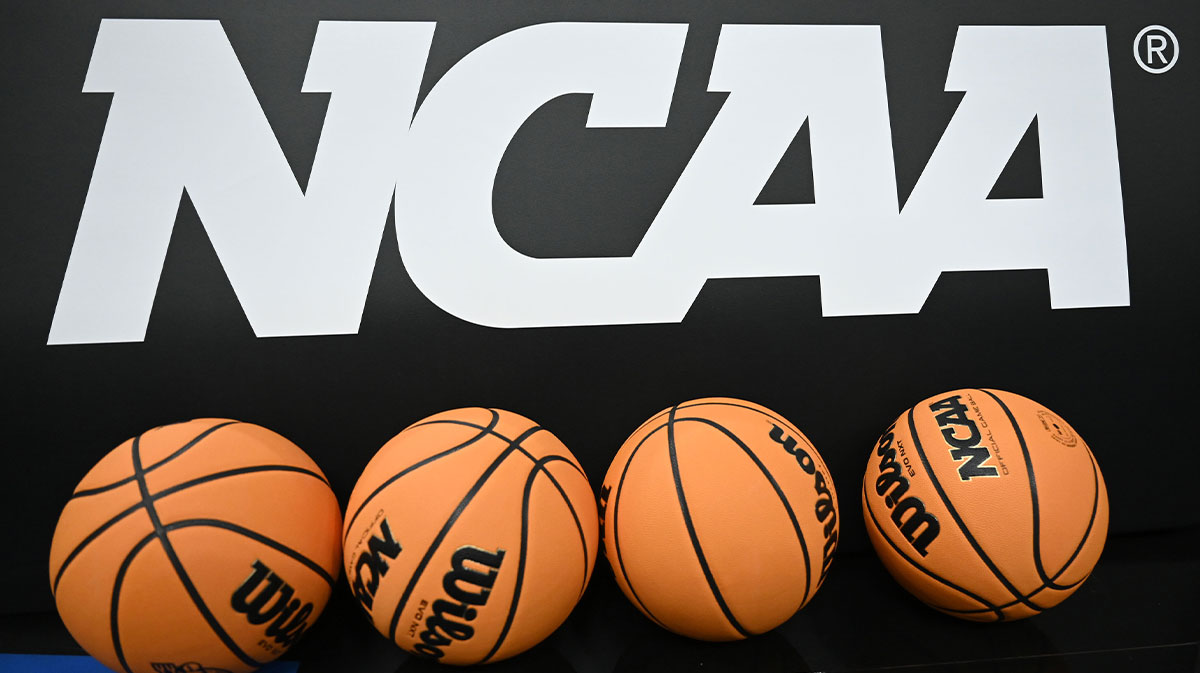FHA Refinance Rates 2025: Could You Save?
Updated
Check out the latest FHA refinance rates to see if you could save some money by refinancing your FHA mortgage.
FHA mortgages offer some of the lowest mortgage rates on the market. One of the benefits of getting a government-backed loan like an FHA mortgage is that many borrowers pay less for these loans even when compared to conventional loans with shorter terms, like a 15-year mortgage refinance.
In March, 30-year refinance rates for FHA loans averaged 6.05%, according to Zillow data. This is around 44 basis points below the average rate on a conventional loan. It's also a slight downtick from the previous month.
So far in April, these rates have been trending a bit lower.
See how today's refinance rates compare.
The three main types of FHA refinance loans include:
Typically, it only makes sense to refinance if it can help you:
Another common reason borrowers refinance is to get rid of mortgage insurance, but you won't want to refinance into an FHA loan for this, since these mortgages typically require annual mortgage insurance for the life of the loan. If you have an FHA loan and sufficient equity, you'll want to refinance into a conventional loan to get rid of mortgage insurance.
So when might you consider an FHA refinance over other loan types? It might be a good option if your credit or finances disqualify you from getting a conventional mortgage.
"If you are using FHA for your loan, it's generally because you have to based upon lower credit scores, higher debt-to-income ratios, or significant credit events in your recent past, such as a bankruptcy, foreclosure, or short sale," says Mason Whitehead, a Dallas-based branch manager for Churchill Mortgage. "FHA allows you to qualify much faster with those issues than a conventional loan does."
FHA streamline refinances in particular can be beneficial because the process is simpler and may be a little cheaper, since you won't have to pay for an appraisal. Plus, if you're eligible for a non-credit qualifying streamline, you won't have to worry about your credit preventing you from refinancing.
No matter what type of refinance you're getting, one of the best things you can do to ensure you get a good rate is shop around with more than one lender. Typically, experts recommend getting preapproved with at least three lenders to see which can offer you a low rate.
As you get quotes from different lenders, remember that your rate isn't the only cost you should think about. Every company charges different lender fees, and these costs can make a big difference in how much you'll pay at closing. Some lenders that charge low rates make up for it by charging higher fees.
Don't forget that all FHA loans come with certain FHA-specific costs as well.
You'll need to pay the upfront mortgage insurance premium, which is equal to 1.75% of the loan amount. This premium can be financed into the mortgage, but keep in mind that this will increase your monthly payment and the amount you'll pay in interest over the life of the loan.
In addition to the upfront premium, you'll also make monthly payments toward your annual mortgage insurance premium as part of your mortgage payment. Depending on your loan size, term length, and loan-to-value ratio, you'll pay between 0.15% and 0.75% of the loan amount each year.
Use Business Insider's free mortgage calculator to see how a lower rate could impact your monthly mortgage payment.
Mortgage Calculator
%
$1,161 Your estimated monthly payment
There are also refinance-specific calculators online that let you compare the costs and benefits of a refinance to your current mortgage.
It's not uncommon for FHA borrowers to seek out a conventional refinance once their finances have improved. While FHA mortgages can help those with low credit or a high DTI affordably purchase a home, conventional loans can often be the better deal if your credit is in the "very good" to "excellent" range since you may be able to get a lower rate and save on mortgage insurance.
"Monthly mortgage insurance with FHA is generally more expensive than with a conventional loan because it is a fixed rate no matter your credit score," says Whitehead. "So, a borrower with a 740 credit score putting 5% down on a conventional loan may only have a monthly mortgage insurance rate of 0.25%, whereas the same loan-to-value with FHA will be 0.55%."
Refinancing to a conventional mortgage can be an especially good idea if you have 20% or more equity in your home since you won't have to pay mortgage insurance at all.
If you're not sure what kind of mortgage you'd like to refinance into, your lender can walk you through all the options you're eligible for and help you determine which one makes the most sense for you.
Experts typically say that a refinance is worth it if you can lower your rate by at least one percentage point. You should also consider how long it will take you to break even from your refinance.
Mortgage rates have been elevated across the board recently, though FHA refinance interest rates are generally a bit lower than conventional rates. So far this month, FHA refinance rates have been hovering in the high 5% range.
You'll typically need a score of at least 580 to get an FHA refinance, though some lenders may require a higher score. If you're getting a non-credit qualifying streamline refinance, there is no minimum credit score since your credit won't be checked.
You might like an FHA streamline since it's a simpler process that enables you to refinance from an FHA loan into another FHA loan.
It typically takes between 30 and 45 takes to close on a mortgage, but it depends on the details of your loan. A streamline refinance may be able to close slightly faster.
Molly Grace
Mortgage Reporter
Molly Grace is a mortgage reporter for Business Insider with over six years of experience writing about mortgages and homeownership. ExperienceIn addition to her daily mortgage rate coverage, Molly also writes mortgage lender reviews and educational articles on homebuying and analyzes data and economic trends to give readers actionable and up-to-date information about the housing market.She also tracks affordable mortgage and down payment assistance programs offered throughout the country to keep her readers informed of homebuyer programs available to them. Before Business Insider, Molly was a blog writer for Rocket Companies and helped to create Rocket Mortgage’s Shorty Award-winning podcast Home. Made.Molly is passionate about covering personal finance topics with empathy. Her goal is to make homebuying knowledge more accessible, especially for groups that may think homeownership is out of reach. ExpertiseMolly is an expert in the following topics:
EducationMolly earned a bachelor's degree in journalism from Indiana University. She is based in Michigan and has a dog and two cats.
Elias Shaya
Compliance and Operations Associate
Elias Shaya is a Compliance and Operations Associate on Business Insider's personal finance team in New York. He collaborates with the editorial team to provide timely, accurate, and impartial financial advice to readers ExperienceElias is a point person on multiple personal finance topics, from credit cards to investment products. He ensures editorial content is transparent and accessible through clear and precise language while also complying with regulatory and partner marketing guidelines. Since joining as a compliance fellow in 2022, Elias has played a crucial role in the team’s compliance efforts, ensuring no stone is left unturned. His close attention to detail and broad knowledge of various complex financial subjects help minimize risk for partners while protecting editorial independence so readers get the best possible advice. Expertise: Elias’ expertise includes:
- Loans
- Mortgages
Education: Elias graduated from the College of Staten Island with a degree in International Business.When he’s not reviewing or updating personal finance topics, Elias enjoys traveling, comedy shows, and binge-worthy TV shows.













